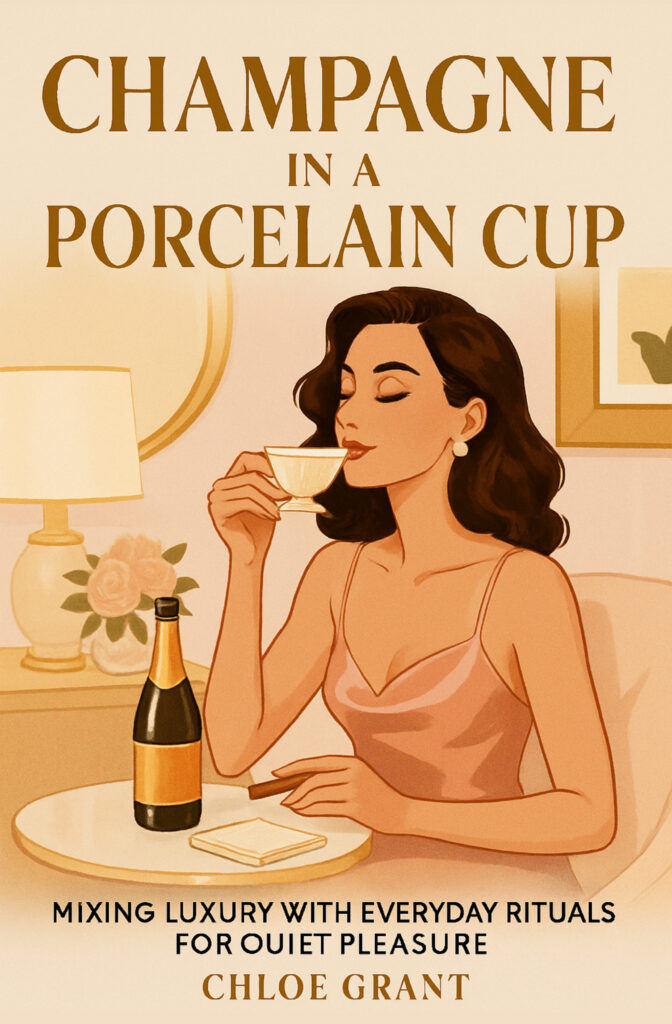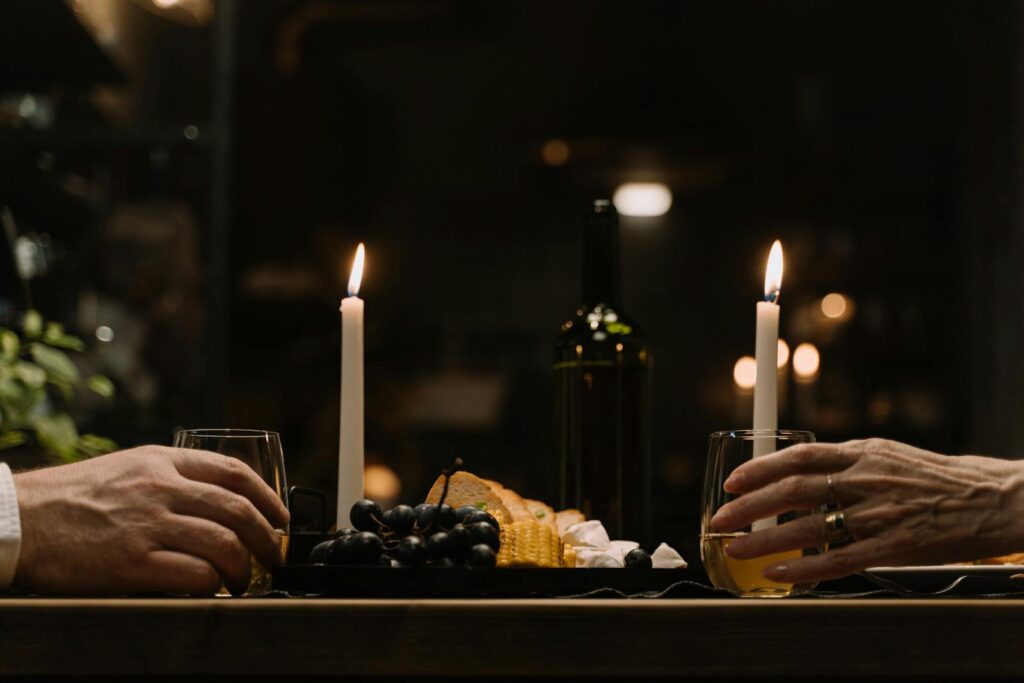Luxury is often imagined as something vast: a designer wardrobe, a sprawling mansion, a table groaning under expensive wine. But true satisfaction rarely comes from excess. It comes from smallness — the precise, deliberate, almost ceremonial indulgence that lingers long after the moment ends. A single square of dark chocolate savored slowly satisfies longer than a whole bar devoured mindlessly. A solitary glass of champagne feels more luxurious than endless refills.
These are the tiny indulgences — rituals of decadence in miniature. They satisfy not because of quantity, but because of the psychology of restraint, attention, and atmosphere. They are the paradox of more-from-less, the alchemy of the micro transforming into the monumental.
Why Small Pleasures Cut Deeper
The nervous system remembers intensity more than duration. Tiny indulgences compress pleasure into a focused burst, which imprints more strongly in memory. A perfect sip, a carefully chosen bite, a deliberate pause — these moments create depth rather than length.
Excess dulls sensation. Overindulgence numbs. But a tiny indulgence forces the psyche to savor, to stretch out the experience in imagination long after the act itself has ended. The body consumes little; the psyche feasts endlessly.
Scarcity as Luxury
Tiny indulgences carry the aura of rarity. When something is limited — a single piece, a small portion, a fleeting experience — it signals to the psyche: this is precious. Scarcity amplifies value. A single rose is remembered longer than a bouquet. A rare evening of solitude feels richer than endless leisure.
This is why rituals of scarcity — fasting before feasting, silence before music, restraint before pleasure — intensify experience. The lack becomes the frame that highlights the presence.
Atmosphere Over Amount
A tiny indulgence surrounded by atmosphere outweighs the grandest excess without it. A cup of tea brewed with ceremony in a quiet room can feel more luxurious than a banquet eaten under fluorescent lights. The detail of the moment — the cup, the scent, the silence — charges the indulgence with psychic weight.
This is why Champagne in a Porcelain Cup insists that luxury is not about wealth, but about field. A tiny indulgence, when given atmosphere, becomes infinite.
The Occult Dimension of Restraint
From an esoteric perspective, restraint is not deprivation. It is concentration. Energy withheld becomes energy intensified. The magician knows that a spell whispered once with precision carries more weight than a thousand careless chants. Likewise, a single indulgence savored with full attention resonates deeper than endless indulgence drowned in noise.
Tiny pleasures, like sigils, condense power. They are micro-sacrifices to the psyche, offerings that remind the unconscious: this is sacred.
Why They Satisfy Longer
- Attention Lock: Small indulgences demand presence. You cannot eat slowly, sip slowly, or savor deliberately without being present. Presence deepens satisfaction.
- Imagination Expansion: Because the act is brief, the mind replays it, extending its impact long after it ends.
- Contrast Effect: Scarcity makes the indulgence stand out against ordinary time. It glows brighter in memory.
- Symbolic Power: Tiny indulgences are symbolic acts of self-regard. They tell the psyche: I am worth this ritual. The symbol itself satisfies.
The Shadow of Excess
In contrast, excess devours its own pleasure. Overindulgence breeds numbness, regret, and collapse. The psyche cannot savor when flooded. What begins as luxury ends as heaviness. This is why feasts blur together, why shopping binges fade into clutter, why endless noise drowns memory.
Excess is consumption without resonance. Tiny indulgence is resonance without consumption.
The Long Memory of the Small
Ask yourself which memories shine brightest: the extravagant or the intimate? Often, it is the small gesture — the stolen kiss, the carefully folded letter, the single glass of wine under moonlight — that remains luminous. Tiny indulgences stick because they are concentrated symbols. They are archetypal: the grail, the jewel, the flame.
This is the secret of satisfaction: it is not quantity that imprints, but symbolism. Tiny indulgences become mythic.
Creating Your Own Rituals
Tiny indulgences can be cultivated deliberately:
- One square of fine chocolate after a day of work.
- A candlelit bath with no distractions.
- A single glass of champagne poured into a porcelain cup.
- Ten minutes of silence in the morning before the world intrudes.
The key is attention, scarcity, and atmosphere. Without these, the indulgence dissolves into habit. With them, it becomes ritual.
The Sacred Small

The psychology of tiny indulgences reveals a paradox: the less you consume, the more you feel. The smaller the pleasure, the longer it lingers. Excess fades quickly, but the sacred small burns into memory, shaping identity, nourishing the psyche.
This is why Champagne in a Porcelain Cup celebrates the art of the miniature. Because in the smallest indulgences, we touch the deepest luxury — not the endless more, but the unforgettable enough.

